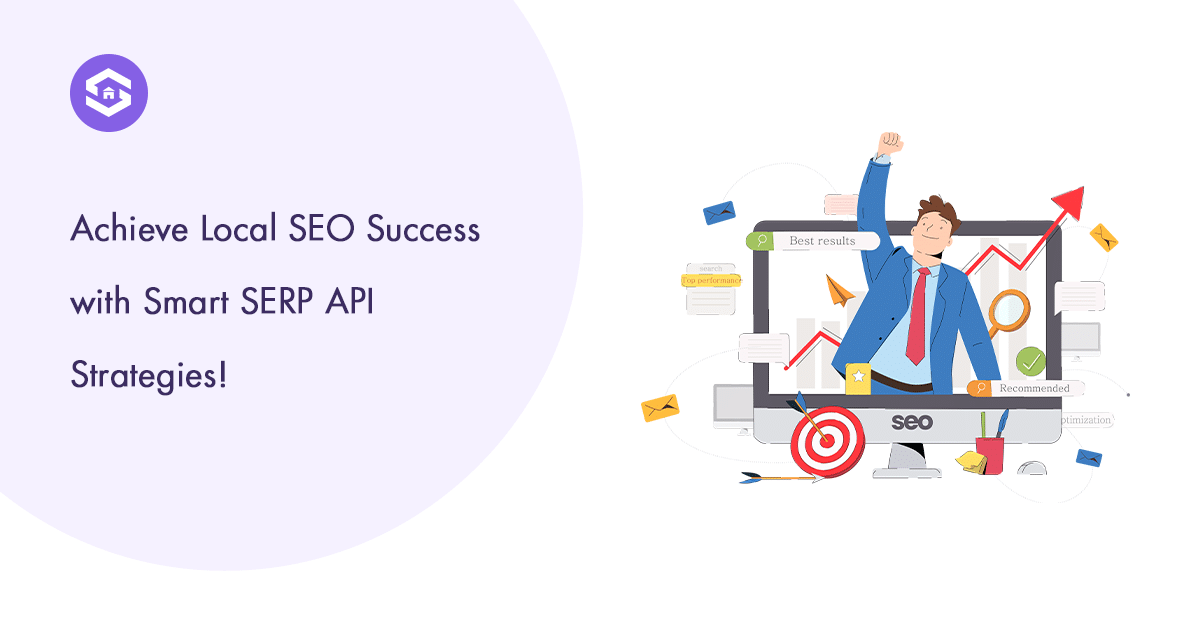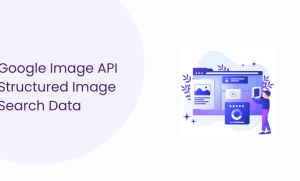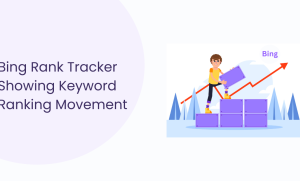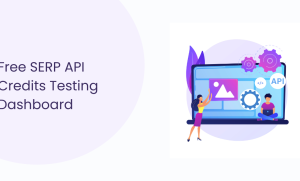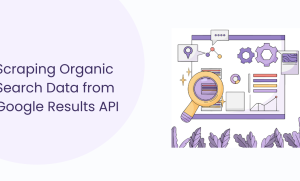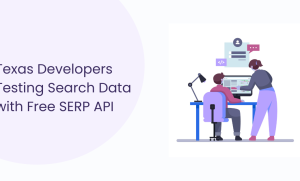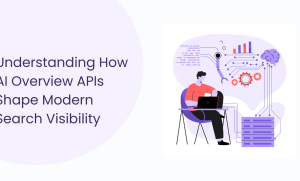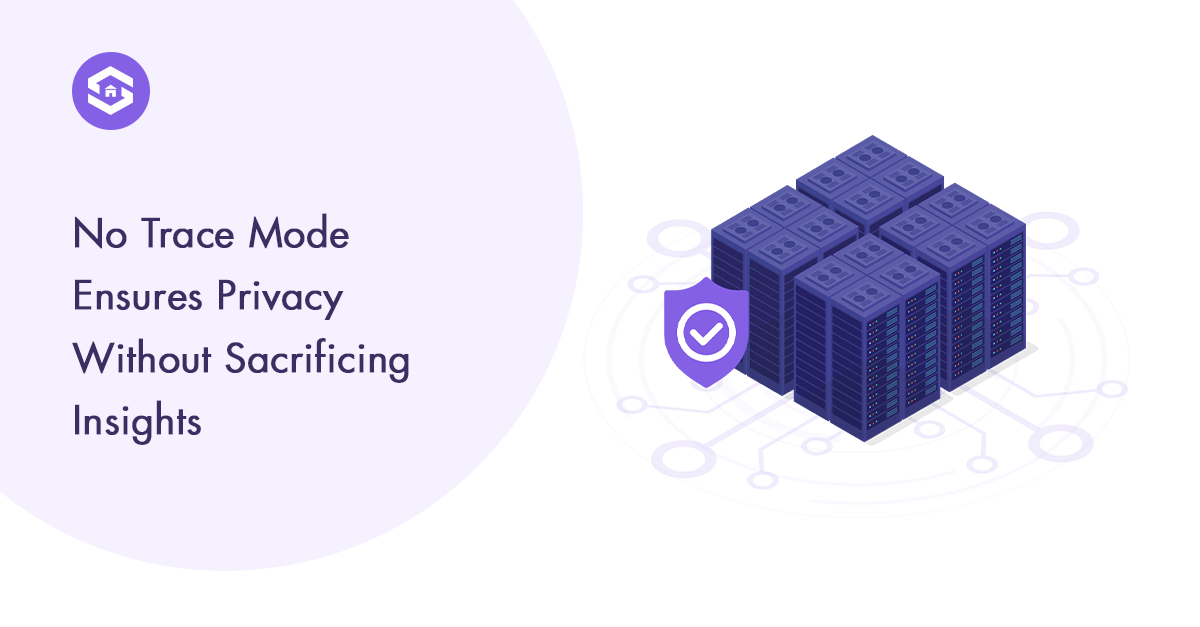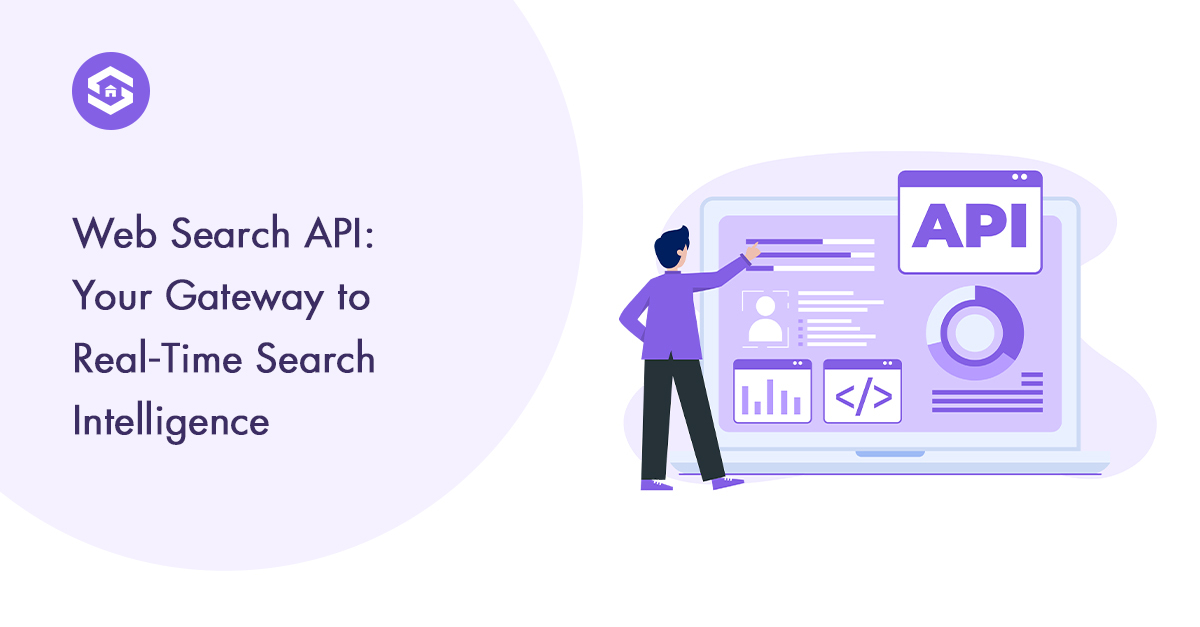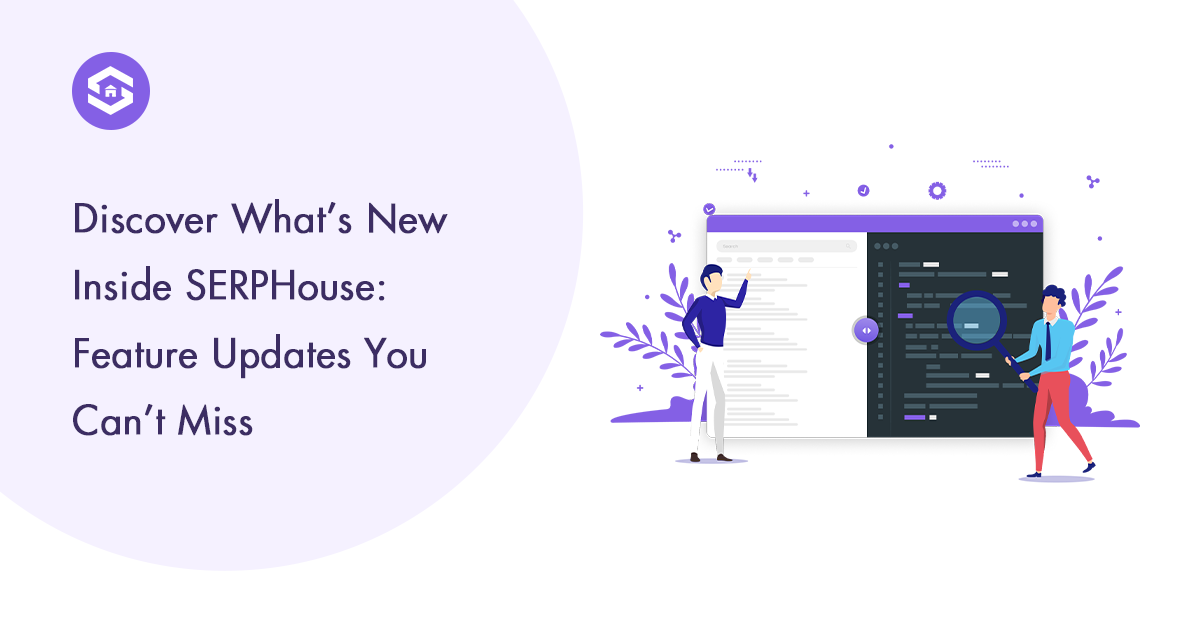Table of Contents
Table of Contents
In the world of SEO, local businesses thrive on visibility in geographically specific searches. Local SEO is a powerful strategy that ensures your business ranks high when potential clients search for services in their area. But with fierce competition and constantly changing algorithms, how can you consistently optimize and stay ahead? The answer lies in SERP APIs for Local SEO.
In this blog, we’ll explore how SERP APIs empower local businesses to dominate local search rankings, attract more clients, and streamline their SEO strategies.
What Are SERP APIs?
SERP API (Search Engine Results Page APIs) are tools that allow businesses to retrieve search results programmatically. These APIs provide access to rich data like:
- Organic search rankings
- Local packs (maps and nearby businesses)
- Customer reviews
- Featured snippets
- Paid ads
Integrating SERP APIs into your SEO workflows allows you to monitor rankings, understand trends, and make data-driven decisions to enhance local visibility.
Why Local SEO Matters for Businesses
Local SEO optimizes your online presence to attract business from relevant local searches. According to Google, 46% of all searches have local intent. This makes it crucial for businesses to appear in local packs, Google Maps, and region-specific SERPs.
Benefits of local SEO include:
- Increased Visibility: When your company is optimised for local searches, it seems that potential clients are looking out for it—on engines like Google.
- Targeted Customers: Service-based totally industries can reach out immediately to human beings in your area who require your specific services.
- Trust Building: Accurate business information, together with your area, hours, and customer reviews, builds agreement with capability clients.
How SERP APIs Empower Local SEO
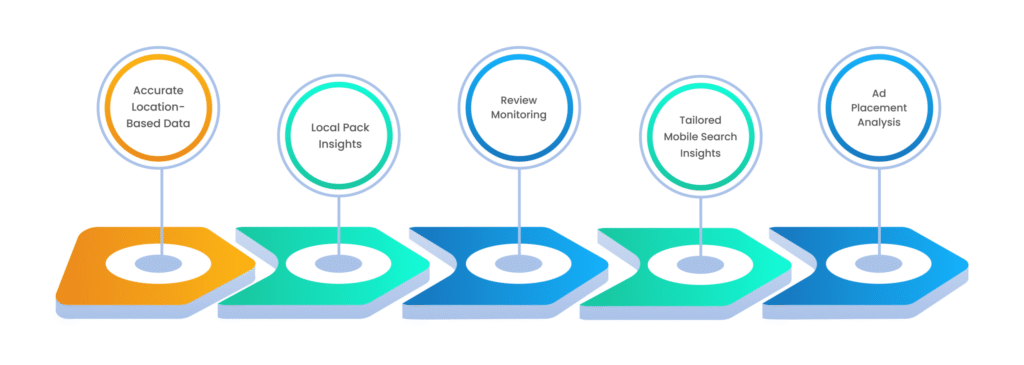
1. Accurate Location-Based Data
SERP APIs allow you to simulate searches from specific geographic locations. This ensures you understand how your business appears to users in different areas. For example:
- Track rankings for the keyword “best pizza near me” in various cities or neighbourhoods.
- Monitor how your competitors rank in nearby locations.
2. Local Pack Insights
Local packs display the top three businesses related to a search query, often accompanied by maps and reviews. SERP APIs can extract:
- Rankings of local businesses.
- Competitor details like business names, ratings, and reviews.
- Map coordinates and proximity to users.
These insights help refine your strategy for appearing in local packs.
3. Review Monitoring
Online reviews significantly impact local SEO. SERP APIs enable you to:
- Track new customer reviews.
- Analyze competitor reviews for trends and common feedback.
- Respond to reviews promptly to boost engagement.
4. Tailored Mobile Search Insights
Mobile searches dominate local intent queries, with phrases like “near me” being especially common. API help you optimize for mobile by retrieving results specific to mobile devices, ensuring your business performs well on all platforms.
5. Ad Placement Analysis
SERP APIs also fetch data about local ads. This allows you to:
- Analyze your ad performance in local markets.
- Compare paid results against organic rankings.
- Adjust ad strategies for better ROI.
Unique Strategies Using SERP APIs for Local SEO
➤ Hyper-Localized Keyword Tracking
Go beyond generic keywords by focusing on hyper-local terms like street names, neighbourhoods, or landmarks. For instance:
- “Hair salons in Downtown Boston”
- “Yoga classes near Central Park”
Use SERP APIs to track rankings for these niche keywords in specific locations.
➤ Competitor Mapping
Map out competitors in your target areas using SERP APIs. Extract their:
- Keywords and rankings.
- Customer ratings and reviews.
- Business descriptions and operational hours.
This helps identify gaps and create a competitive advantage.
➤ Multi-Location Performance Monitoring
If you manage multiple locations, APIs can track each branch’s performance individually. Monitor rankings, reviews, and local pack visibility for every location to ensure consistency in strategy.
➤ Analyzing “Near Me” Trends
Leverage APIs to monitor “near me” searches specific to your industry. Understand user intent and tailor your content or services to match these queries.
Steps to Implement SERP APIs for Local SEO
1. Choose the Right SERP API
Popular options like SERPHouse, DataForSEO, or Bright Data provide robust local SEO data. Evaluate their features, pricing, and ease of integration.
2. Set Up API Integration
Use programming languages like Python or JavaScript to integrate the SERP API into your SEO toolset. Ensure parameters like location, device type, and language are configured correctly.
3. Analyze Data Programmatically
Automate data collection for metrics such as:
- Keyword rankings
- Local pack visibility
- Competitor trends
Tools like Pandas (Python) or Tableau can help visualize and analyze this data.
4. Optimize Based on Insights
Use the insights to improve your:
- Content strategy (e.g., local blogs, city-specific landing pages).
- Google My Business (GMB) profile (e.g., accurate address, hours, and photos).
- Local ad campaigns (e.g., targeting high-performing areas).
How to Use SERP Data to Optimize Local Keywords for Better Rankings
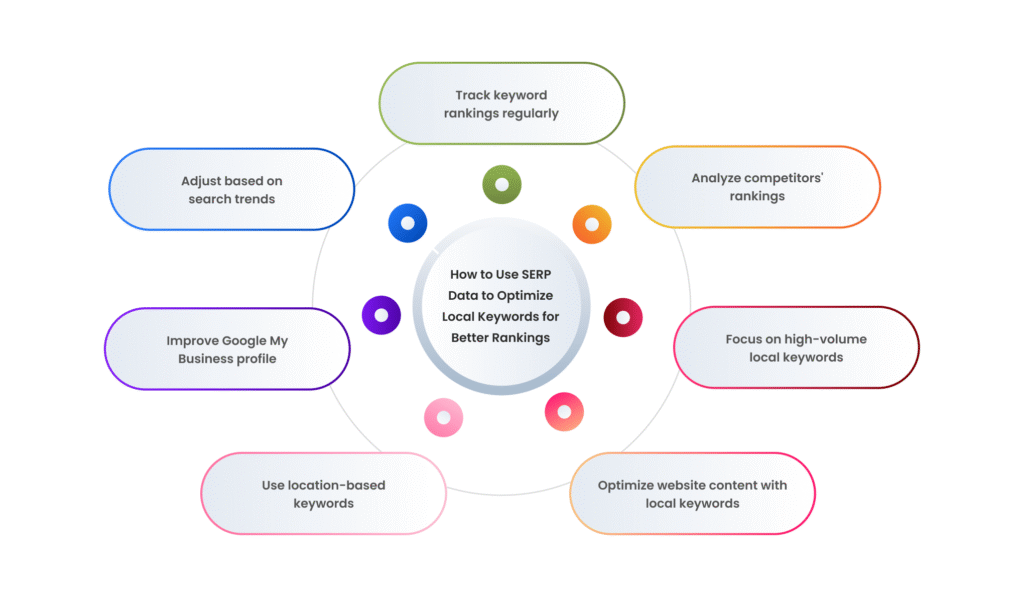
- Track keyword rankings regularly
- Analyze competitors’ rankings
- Focus on high-volume local keywords
- Optimize website content with local keywords
- Use location-based keywords
- Improve Google My Business profile
- Adjust based on search trends
Best Practices for Local SEO Using APIs
Use Long-Tail Keywords
Focus on phrases specific to your location and services. For example, “24-hour plumber in Seattle.” These specific keywords target niche audiences with a high intent to convert.
By analyzing search trends and local keyword performance, you can identify terms that resonate with your target demographic and tailor your content to attract them.
Update Your Google My Business Profile Regularly
Ensure your business listing is complete with accurate information, high-quality images, and updated contact details. Regularly posting updates, promotions, or events keeps your profile fresh and engaging.
A well-maintained profile not only enhances your visibility in local search results but also establishes trust among potential customers.
Track Competitors Aggressively
Monitor how competitors rank for local keywords and study their strategies. By analyzing their performance, you can identify opportunities to outperform them, whether through improved content, better customer engagement, or unique service offerings. Staying aware of competitor activity ensures you remain competitive in your industry.
Leverage Review Data
Customer reviews are a goldmine for understanding client needs and pain points. Use feedback to identify areas for improvement and opportunities to differentiate yourself.
Addressing customer concerns quickly and professionally builds credibility and encourages more positive reviews, which, in turn, boosts your local rankings.
Stay Compliant
Ensure your use of technology for data analysis adheres to the terms of service of search engines. Overusing automated tools or violating usage limits can result in penalties. Stick to ethical practices and use tools responsibly to maintain your online presence and long-term success.
Case Study: Using SERP APIs to Dominate Local SEO
Business Type: A family-owned restaurant in Chicago
Challenge: Competing against chain restaurants for local visibility
Solution:
- Used a SERP API to track rankings for keywords like “best family restaurant in Chicago.”
- Monitored reviews and local pack placement.
- Created location-specific content highlighting proximity to landmarks.
- Optimized GMB profile with photos, hours, and special offers.
Result:
- 35% increase in local search traffic within three months.
- Consistent placement in the top 3 local pack results.
- Improved customer engagement via reviews.
Tools for Monitoring Competitors’ Local Rankings

1. SERPHouse
- Keyword Tracking: Pinpoint the exact keywords competitors rank for in specific locations.
- Local Pack Insights: See how often they appear in Google Maps or local search results.
- Trend Analysis: Identify changes in their rankings over time.
2. Google My Business Insights
- Direct Comparisons: Check competitors’ GBP performance against yours for reviews, photos, and other metrics.
3. SEO Tools (SEMrush, Ahrefs)
- Comprehensive Analysis: Evaluate backlink profiles, traffic data, and more to understand their broader SEO strategy.
Conclusion
Monitoring competitors’ local rankings is a powerful way to refine your local SEO strategy. By identifying top-performing keywords, analyzing their presence in the local pack, and tracking regional trends, you gain actionable insights to boost your visibility and attract more local traffic. Tools like SERPHouse simplify the process, providing detailed competitor data to guide your decisions. Remember, the key to success lies in not just observing but also adapting and optimizing your approach. Start tracking your competitors today, leverage these insights, and position your business as a local leader in your industry!
Start leveraging SERP APIs today and watch your rankings soar!

